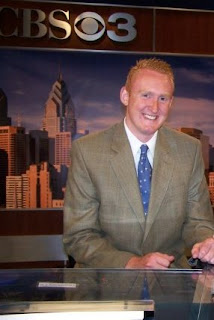 I can't think of just one story to tell about the things I have learned in this class... So, here is a list of 10 things that I have learned from my experience in RTN 311/364.
I can't think of just one story to tell about the things I have learned in this class... So, here is a list of 10 things that I have learned from my experience in RTN 311/364. 1. Always be prepared with questions and lots of them. Try to be prepared the day before, cause that is always helpful.
2. Don't wait last minute to figure out what your story is going to be and who you are going to interview because you won't have a story.
3. No matter how flustered/nervous you are while conducting your interview don't show it and don't hesitate to ask too many questions. Its always better to have too much information, than not having what you need.
4. Same goes along with sound bites. Pay attention to what people are saying and listen for the clips you want to use. Unfortunately, they won't magically appear when you sit down to edit.
5. If people are mean to you/don't want to talk to you/won't give you the time of day, don't take it personally. They obviously don't know what its like trying to be a journalist.
6. Its okay (sometimes) to take things that are given to you for free such as coffee and donuts.
7. Be sexy.
8. Give yourself more time than you think you need if at all possible- it reduces the stress factor.
9. Write it, re-write it, and re-re-write it. And if you follow number 8, you can try for a fourth time.
10. Make sure that your equipment is set up properly and you are capturing good sound. And most importantly make sure you actually hit record.
| landmarkfinal.mp3 |












